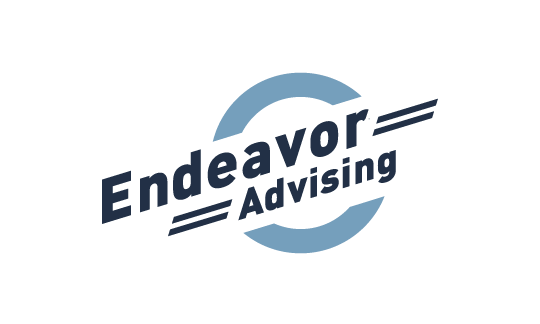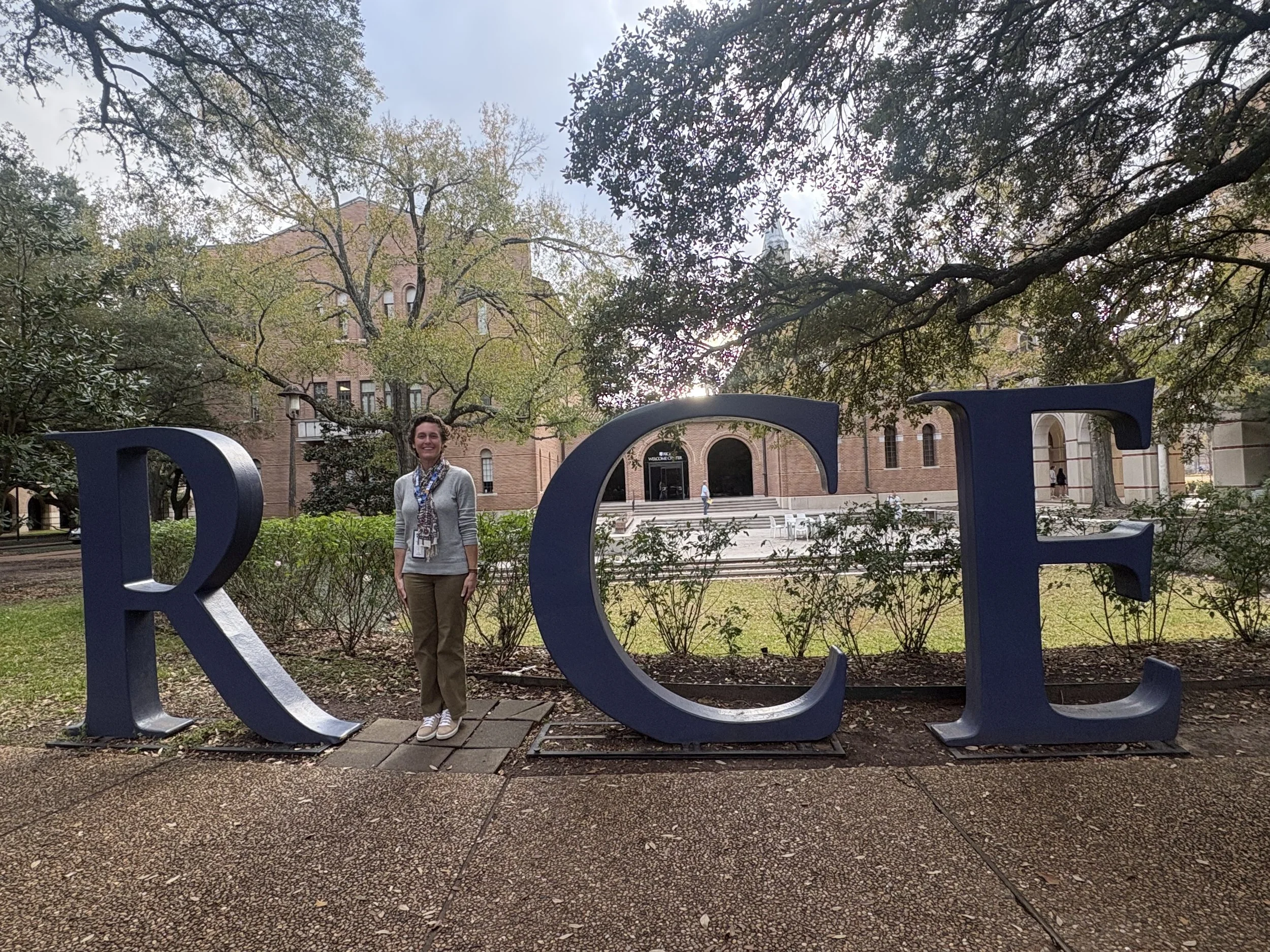Greetings from Houston, Texas! I'm finishing up a packed few days at Rice University, where I was invited to their first-ever Independent Educational Consultant (IEC) Fly-in. Fly-ins are intensive campus visits for counselors; I'm typically invited to several a year (next one: the US Naval Academy).
To sum up Rice: highest-quality academics, myriad opportunities, and a vibrant campus culture with access to all the resources of America's 4th largest city (including the world's largest medical complex just steps from campus). What a fantastic place!
A valuable part of Fly-ins is connecting with senior leadership for insight into strategic goals, upcoming programs and initiatives, and admissions priorities and practices. Rice's Vice President for Enrollment and Dean of Admissions and Financial Aid (who was previously at Penn and MIT) spent 90 minutes sharing invaluable details about Rice's admissions standards and review process with us.
Here are a few insights and takeaways applicable not just to Rice (8% acceptance rate overall), but also to admissions at other highly selective institutions:
1. "We are looking for intellectual vitality."
Takeaway: Selective institutions are looking for authentic intellectual curiosity. Is a student demonstrably interested in academic topics/areas? How is that curiosity evident in their course selection, letters of recommendation, activities, experiences, and essays? High grades, rigorous courses, and (if submitting) strong test scores are a minimum for admissibility rather than distinguishing characteristics.
2. “When an application shows up on January 3 and the deadline is January 4, we may assume they’re not as serious.”
Takeaway: Submitting an application right before a deadline can send an unintended, negative message about a student's interest.
3. “Connecting to what Rice is is REALLY important. If they’ve missed the mark on understanding our community, that’s a disconnect for us.”
Takeaway: Understanding and communicating WHY a student is interested in a highly selective institution matters immensely. Highly selective colleges look for students who demonstrate clear understanding of programs, culture, and opportunities, how those will enable a student to achieve their goals, and how a student will fit into a college's community.
I hope these insights are helpful for understanding more of what highly selective colleges are looking for in their application reviews.
Being the “I” in Rice!
Interested in our college admissions advising? Learn more about Endeavor’s services or schedule an inquiry call.




